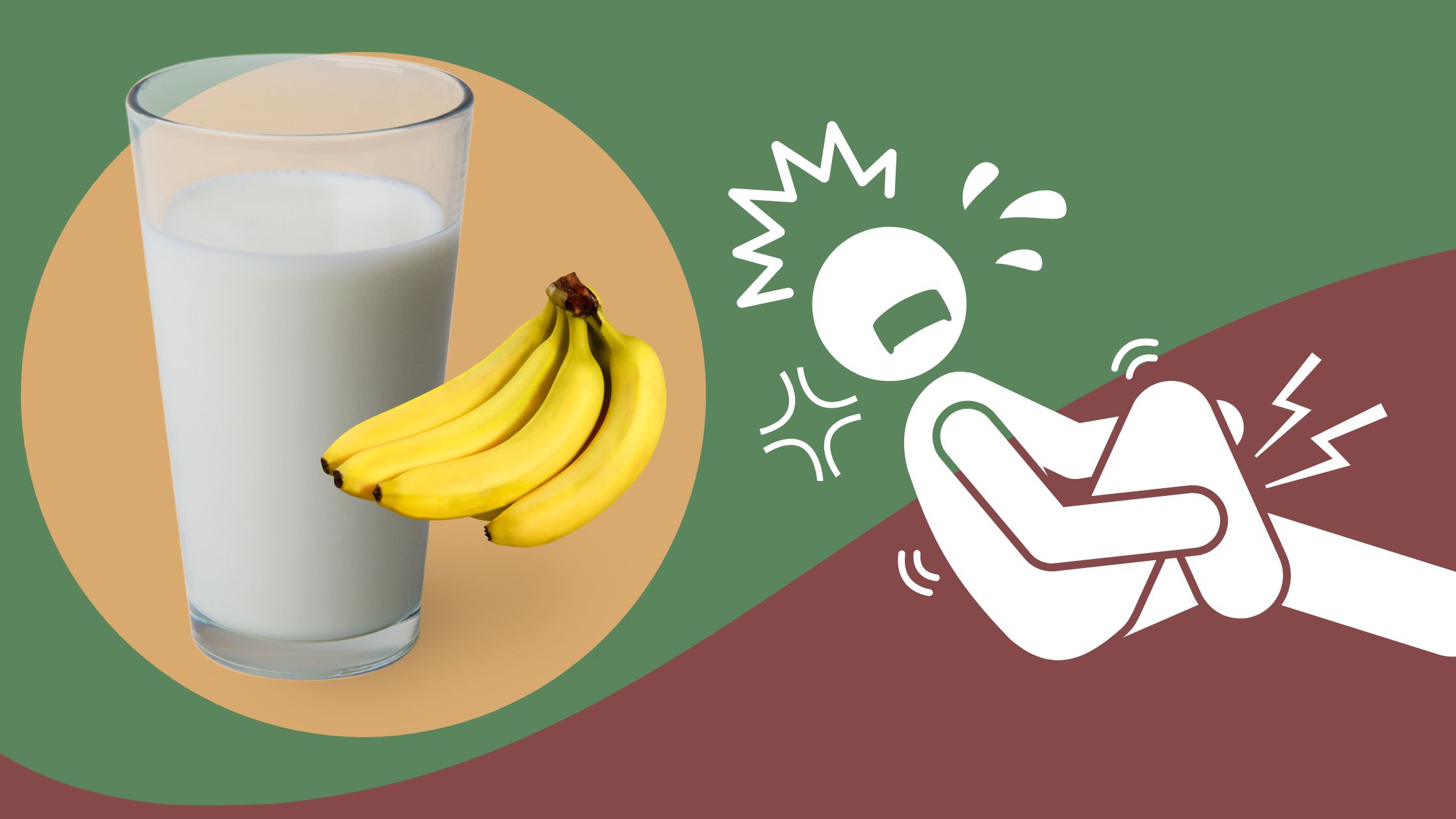What Happens to Your Body When You Don’t Eat Enough Protein?
We all know that proteins are one of the essential macronutrients that our body needs to function correctly. Proteins play a vital role in the growth and repair of tissues, the building of muscle mass, and the production of enzymes and hormones. However, despite their importance, many people still fail to consume enough protein in their diets.
In this article, I’ll dive into what happens to your body when you don’t eat enough protein and why consuming adequate amounts of protein daily is crucial.
Why Is Protein Important?
Proteins are the building blocks of our body. Our body requires protein to repair and build tissues, make enzymes and hormones, and help transport molecules throughout the body. Proteins also play a crucial role in maintaining the body’s fluid balance and helping fight infections. Moreover, consuming an adequate amount of protein is necessary for the growth and maintenance of muscle mass. Without enough protein, your body can’t function optimally, and your health can be significantly impacted.
Protein Deficiency: What Experts Believe
Experts believe that protein deficiency can have severe consequences on your body. A lack of protein can cause many symptoms, including weakness, fatigue, and muscle wasting. Your body may also experience fluid accumulation, leading to swelling or puffiness in your abdomen, legs, feet, and hands.
According to medical research, prolonged protein deficiency can weaken your immune system, making you more susceptible to infections. Moreover, it may also cause your skin to become dry, flaky, and brittle. In extreme cases, protein deficiency can lead to a condition known as kwashiorkor, which is characterized by severe malnutrition.
What Happens When You Don’t Eat Enough Protein?
Not consuming enough protein can lead to a host of negative health effects. Here’s what can happen when you don’t eat enough protein:
1. Muscle Loss
When your body doesn’t get enough protein, it can start breaking down muscle tissue to access the amino acids it needs to function. This can lead to a decrease in muscle mass, resulting in weakness, fatigue, and loss of mobility.
2. Weakened Immune System
Consuming adequate amounts of protein is necessary to help support a healthy immune system. Studies say when you don’t consume enough protein, your body may struggle to produce the antibodies needed to fight off infections, making you more susceptible to illness.
3. Slower Healing
Protein is essential for tissue repair, which is necessary for healing wounds and injuries. Without enough protein, your body may struggle to repair damaged tissues, which can result in slower healing times.
4. Risk of Nutrient Deficiencies
Studies have reported that consuming an inadequate amount of protein can lead to a deficiency in other essential nutrients, such as iron, zinc, and vitamin B12, which can have negative health consequences.
5. Skin, Hair, and Nail Problems
Proteins play a crucial role in maintaining healthy skin, hair, and nails. Studies suggest that when you don’t eat enough protein, your skin may become dry and itchy, your hair may become brittle and fall out, and your nails may become weak and brittle.
6. Mood Changes
Several studies have reported that protein also affects the production of neurotransmitters, chemicals in the brain that regulates mood and behavior. When you are not getting enough protein, your body may not be able to produce enough neurotransmitters, which can lead to mood changes such as irritability, anxiety, and depression.
7. Increased Risk of Bone Fractures
When you don’t consume enough protein, it can lead to a higher risk of bone fractures. Protein plays a crucial role in maintaining bone health and density. In fact, around 50% of bone volume is made up of protein. Without enough protein, bones can become weak and brittle, making them more prone to fractures.
8. Hormone and Enzyme Imbalance
Protein is necessary to produce hormones and enzymes that regulate the body’s functions. A lack of protein can lead to hormone and enzyme imbalances, which can affect your body in various ways. For example, protein is required to produce insulin, a hormone that regulates blood sugar levels. When you don’t eat enough protein, your body may struggle to produce insulin, leading to blood sugar imbalances and potential health issues.
How Much Protein Do You Need?
The amount of protein you need depends on various factors, including your age, sex, weight, and activity level. However, in general, the recommended daily intake of protein for adults is 0.8 grams per kilogram of body weight. This means that if you weigh 68 kilograms, you should aim to consume around 55 grams of protein per day.
If you’re an athlete or engage in regular exercise, you may need more protein to support muscle maintenance and growth. Pregnant and breastfeeding women also need more protein to support the growth and development of their babies.
Frequently Asked Questions
According to the USDA, adults’ recommended daily protein intake is around 0.8 grams per kilogram of body weight. However, this may vary depending on age, gender, and activity level.
Some good protein sources include meat, fish, poultry, eggs, dairy products, legumes, nuts, and seeds.
Yes, getting enough protein from a vegetarian or vegan diet is possible. Plant-based protein sources include legumes, tofu, tempeh, nuts, and seeds.
Yes, consuming too much protein can have adverse health effects, such as kidney damage and dehydration. It is important to consume protein in moderation and to follow the recommended daily intake guidelines.
Yes, a lack of protein can lead to hair loss, as hair is primarily made up of protein. Consuming enough protein is important for maintaining healthy hair growth.
If you don’t get enough protein, your body may not function correctly, leading to various health problems such as muscle weakness, fatigue, and an increased risk of infections.
References
- Food and Nutrition Board of the Institute of Medicine, The National Academies (2002). Dietary reference intakes for energy, carbohydrate, fiber, fat, fatty acids, cholesterol, protein, and amino acids. Journal of the American Dietetic Association, 102(11), 1621–1630. https://pubmed.ncbi.nlm.nih.gov/12449285/
- 8 Signs and Symptoms of Protein Deficiency. Healthline. https://www.healthline.com/nutrition/protein-deficiency-symptoms
- Are you getting too much protein?. Mayo Clinic Health System. https://www.mayoclinichealthsystem.org/hometown-health/speaking-of-health/are-you-getting-too-much-protein
- Protein. The Nutrition Source. Harvard T.H. Chan School of Public Health. https://www.hsph.harvard.edu/nutritionsource/what-should-you-eat/protein/
- Protein in diet. MedlinePlus Medical Encyclopedia. https://medlineplus.gov/ency/article/002467.htm






